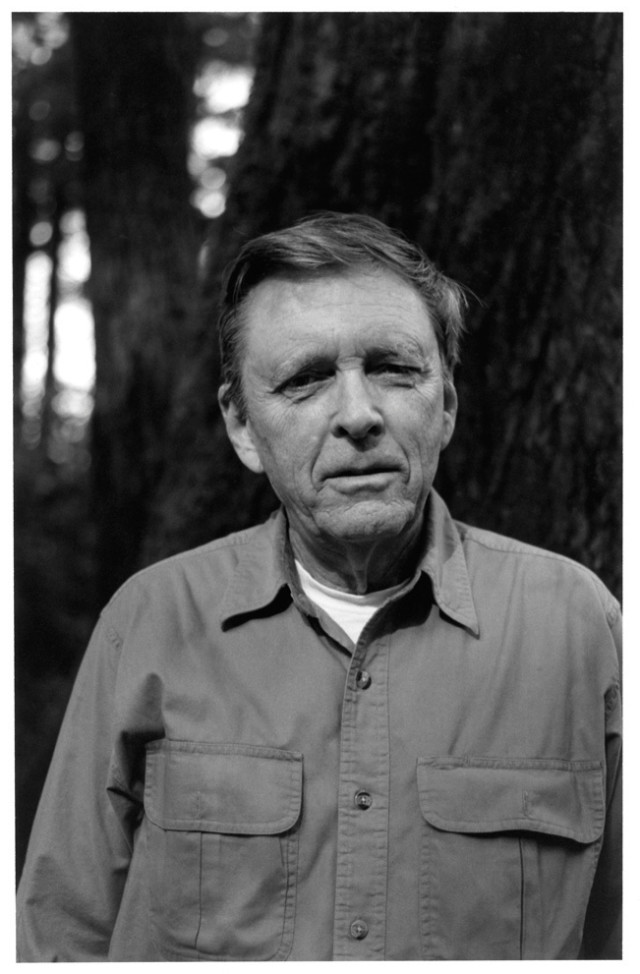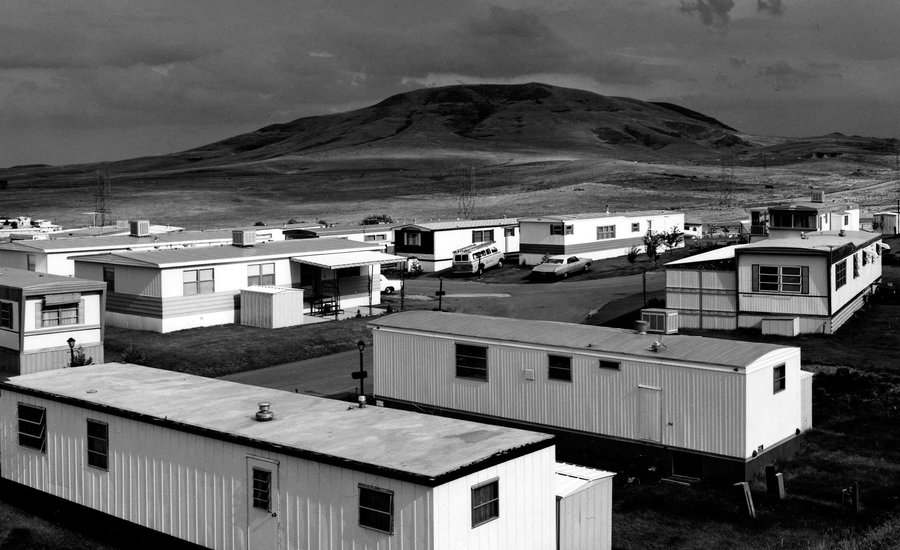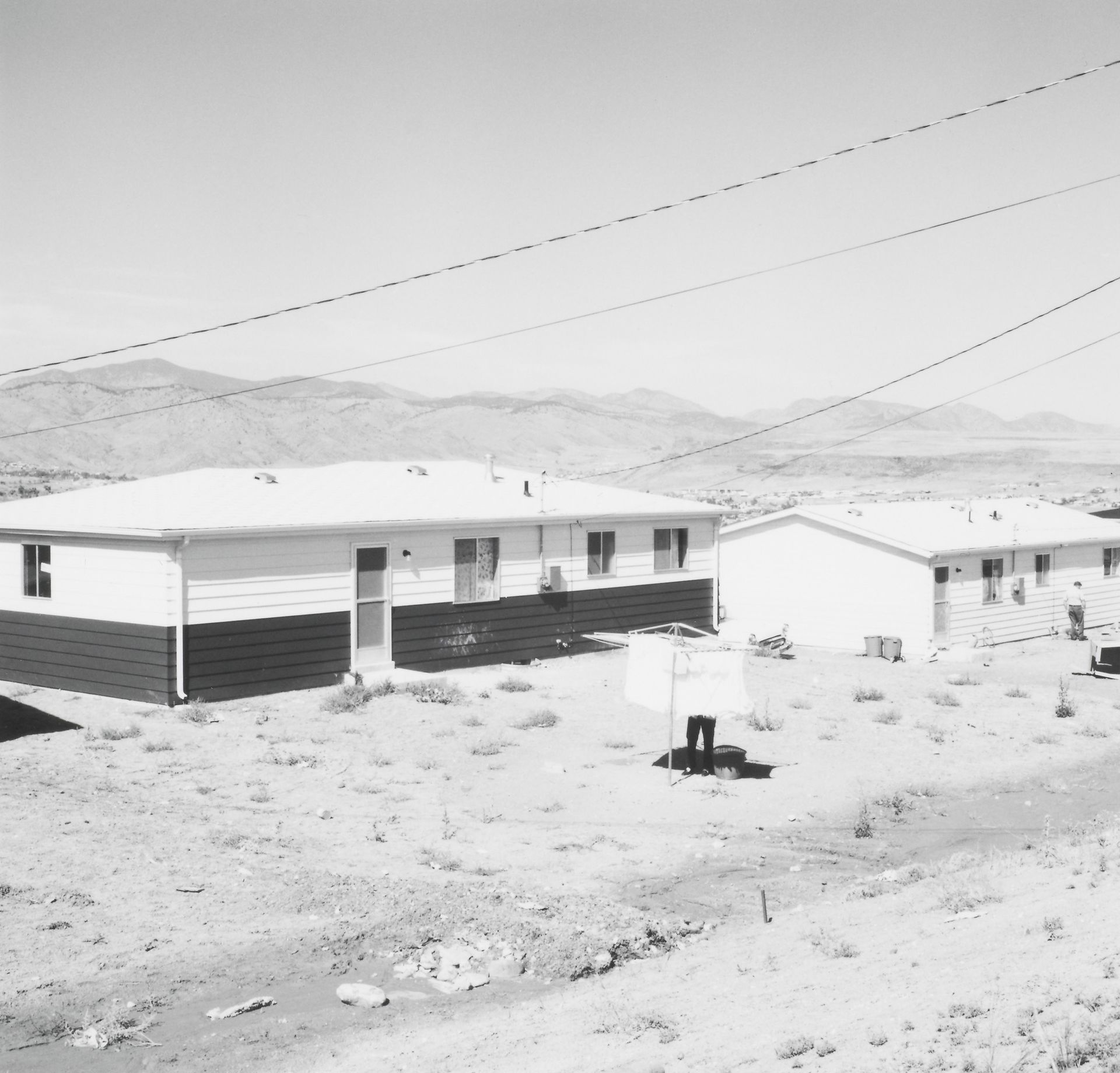
Not to be confused with the other landscape photographer, “Ansel Adams”
Robert Adams is an American photographer who has focused on the changing landscape of the American West. His work first came to prominence in the mid-1970s through his book The New West and his participation in the exhibition New Topographics: Photographs of a Man-Altered Landscape in 1975

Robert Adams was born in Orange, New Jersey, in 1937. His refined black-and-white photographs document scenes of the American West of the past four decades, revealing the impact of human activity on the last vestiges of wilderness and open space. Although often devoid of human subjects, or sparsely populated, Adams’s photographs capture the physical traces of human life: a garbage-strewn roadside, a clear-cut forest, a half-built house.

An underlying tension in Adams’s body of work is the contradiction between landscapes visibly transformed or scarred by human presence and the inherent beauty of light and land rendered by the camera. Adams’s complex photographs expose the hollowness of the nineteenth-century American doctrine of Manifest Destiny, expressing somber indignation at the idea (still alive in the twenty-first century) that the West represents an unlimited natural resource for human consumption. But his work also conveys hope that change can be effected, and it speaks with joy of what remains glorious in the West in which he now lives and works in northwestern Oregon.

Adams received a BA from the University of Redlands in California and a PhD in English from the University of Southern California. He has received numerous awards, including a John D. and Catherine T. MacArthur Foundation Award (1994); the Spectrum International Prize for Photography (1995); and the Deutsche Börse Photography Prize (2006). Major exhibitions include San Francisco Museum of Modern Art (2005); Yale University Art Gallery (2002); Denver Art Museum (1993); Philadelphia Museum of Art (1989); and the Museum of Modern Art, New York (1979).

